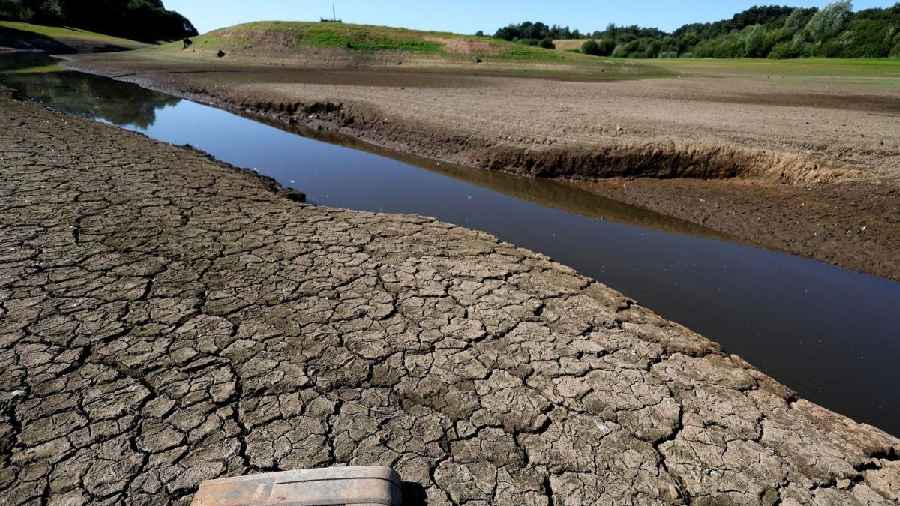Introduction
Pakistan depends on the Indus River system for over 80% of its irrigated farmland, especially in the fertile provinces of Punjab and Sindh. Without this vital water supply, large-scale crop failures would be inevitable, threatening the food security of millions and risking widespread famine. Major crops such as wheat, rice, cotton, and sugarcane would suffer drastic declines, leading to a sharp drop in agricultural output. This agricultural collapse would directly impact Pakistan’s economy through reduced exports, lost income for millions of farmers, and increased food inflation, severely affecting the livelihoods of rural populations and pushing vulnerable communities into poverty.
Political and Legal Responses
In response to such a severe crisis, the Pakistani government would likely pursue formal legal and diplomatic measures. Islamabad could send official notices or complaints to India, asserting violations of the IWT, and raise the issue at international platforms such as the United Nations. The World Bank, which brokered the treaty, may also be called upon to mediate. Domestically, opposition parties in Pakistan would pressure the government for urgent diplomatic engagement to prevent a humanitarian disaster and defuse escalating tensions. Water has been declared a national “red line” by Pakistani military leadership, underscoring the critical importance of the issue.
Civil Unrest and Social Impact
The water crisis would not only affect agriculture but also trigger significant social unrest. Protests and sit-ins, such as the Babarloi sit-in in Sindh, already highlight fears of water diversion and environmental degradation linked to new canal projects. As water scarcity intensifies, protests could spread across multiple regions, with communities demanding government action and accountability. Urban centers may also face drinking water shortages, worsening public health and sanitation challenges.
Strategic and Security Implications
Water is a critical strategic resource, and its restriction could escalate tensions between India and Pakistan, two nuclear-armed neighbors with a history of conflict. The halt in water supply risks heightening military tensions along the border, potentially leading to skirmishes or proxy conflicts in contested areas like Kashmir. Pakistan may strengthen its alliances with countries like China and seek international support, further complicating regional geopolitics. The long-term security implications include a greater risk of destabilization and conflict if diplomatic solutions are not found.
India’s Permanent Water Cut Lead to War with Pakistan? Description
If India permanently refuses to release water to Pakistan under the Indus Waters Treaty, the repercussions could be catastrophic for Pakistan’s agriculture, economy, and social stability. The sudden loss of vital water supplies would cause massive crop failures, food shortages, and economic downturns, heightening public unrest and political pressure. This critical water dispute could significantly escalate tensions between the two nuclear-armed neighbors, increasing the risk of military conflict. While war is not inevitable, prolonged water denial without diplomatic resolution could push bilateral relations to a dangerous breaking point.
Conclusion
While water scarcity alone may not directly trigger full-scale war, the permanent withholding of Indus waters by India would greatly exacerbate existing political and security tensions between India and Pakistan. It would deepen mistrust, fuel nationalist sentiments, and increase the likelihood of border clashes or proxy conflicts. To avoid this, both countries must prioritize diplomatic dialogue, seek mediation through international platforms, and work toward cooperative water management. Sustainable peace in the region depends on finding solutions that respect both countries’ needs and uphold treaty commitments.
